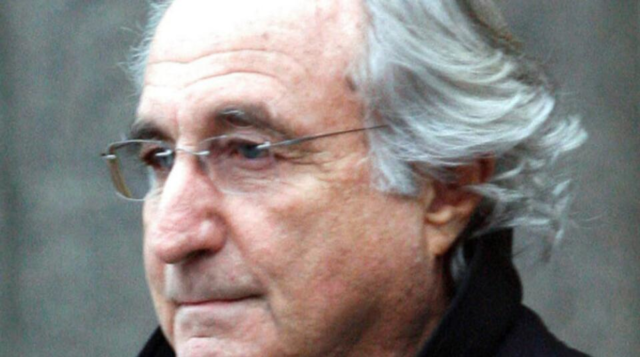The passing of Bernie Madoff, mastermind behind the biggest Ponzi scheme in history is a stark reminder to consumers to be vigilant, says Andre Wentzel, Solutions Manager at Sanlam.
THE PASSING of Bernie Madoff, mastermind behind the biggest Ponzi scheme in history is a stark reminder to consumers to be vigilant, says Andre Wentzel, Solutions Manager at Sanlam.
Over the years, Madoff defrauded tens of thousands of investors out of $14 billion and was serving a 150-year prison sentence for his Ponzi scheme when he passed.
A new survey by Deloitte into the financial damage of the Covid-19 pandemic revealed that 70% of South Africans were spending all of their income or more income than they had every month. “When people are facing challenging economic times such as these, it is easy to understand why South African investors continue to fall victim to pyramid or Ponzi schemes,” says Wentzel.
One of the most recent examples is UpMoney – a supposed stokvel marketed via social media – which swindled more than 200,000 investors and was issued a R1 million fine by the National Consumer Tribunal last month.
The modus operandi for these schemes varies to hide that they are Ponzi schemes and so identifying them can be difficult.
Wentzel says with many South Africans, in particular retirees, struggling to make ends meet, Ponzi schemes that promise huge returns with no risk are finding easy targets.
“Making bad investment choices is often a case of trusting the wrong people. These scamsters can really instil trust and give people hope. The key is to not buy into these promises without fully understanding how these operators achieve their alleged returns.”
How to recognise these schemes?
Both Ponzi and pyramid schemes use the money received from new investors to pay the original investors – a case of robbing Peter to pay Paul. A pyramid scheme has the additional condition that members have to recruit new investors. The common thread among all of them is they promise a return far superior to that of the financial market, at a very low risk.
“Beware investment that promise high returns without risk. There is always a risk-return trade-off when you invest” says Wentzel.
When approached by any investment operator or financial adviser, don’t be afraid to ask questions and insist on clear, simple answers, says Wentzel.
“Find out if they’re registered with the Financial Services Board (FSB). What are their qualifications? Can they show proof of these? What exactly is being promised? What returns will I receive? How will my money be invested, and where? How will the adviser be remunerated? Can I withdraw my investment later, and how?”
According to the SARB, in most cases, when a matter is reported to them, the funds in the Ponzi schemes are already depleted or the scheme is insolvent. Investors often only complain when they are no longer receiving their promised returns.
Wentzel says you must entrust your funds to a person or an institution that has shown that it can consistently deliver returns over an extended period of time.
“There are a variety of regulated investment products available in the market. By investing in regulated investment products – such as unit trusts or policies – you are investing in products that have an enormous amount of governance. Your investment decisions should be structured according to your needs and risk tolerance – is it for retirement, or for the short or long term? A professional financial adviser will be able to assist,” he says.
– PERSONAL FINANCE








